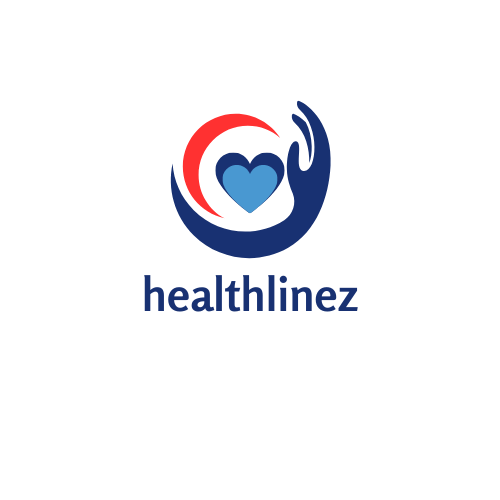Heart pain can vary in intensity, duration, and sensation. It may feel like a dull ache, sharp stabbing pain, pressure, or a burning sensation. This discomfort can radiate to other parts of the body such as the shoulders, arms, neck, or jaw. Heart pain is often confused with other forms of chest pain, such as that from indigestion or muscular issues, which can make it difficult to discern the root cause without proper medical evaluation.

Common Causes of Heart Pain
- Angina
Angina is one of the most common causes of heart pain and is typically a sign of coronary artery disease. It occurs when the heart muscle doesn’t get enough oxygen-rich blood. Angina often feels like squeezing or pressure in the chest and can be triggered by physical activity, stress, or emotional distress. - Heart Attack (Myocardial Infarction)
A heart attack happens when the blood flow to a part of the heart is blocked, often by a blood clot, which can result in damage to the heart muscle. Heart attack symptoms are usually severe, with crushing chest pain, shortness of breath, sweating, nausea, and pain radiating to the left arm or jaw. - Pericarditis
Pericarditis is an inflammation of the pericardium, the sac surrounding the heart. It can cause sharp, stabbing pain that worsens when lying down or taking deep breaths. The pain may be relieved by sitting up and leaning forward. - Aortic Dissection
This is a rare but life-threatening condition where the inner layer of the aorta, the main artery leading from the heart, tears. It causes sudden, severe pain in the chest or upper back, sometimes described as a tearing or ripping sensation. - Non-Heart Related Causes
Not all chest pain originates from the heart. Issues such as acid reflux (GERD), anxiety or panic attacks, muscle strain, and lung problems like pneumonia or pleurisy can also cause chest pain.
Symptoms Accompanying Heart Pain
Heart pain may be accompanied by various symptoms depending on its cause. Some of the most common symptoms include:
- Shortness of breath
- Nausea or vomiting
- Lightheadedness or dizziness
- Sweating
- Palpitations or irregular heartbeat
- Pain that spreads to the arms, neck, back, or jaw
When to Seek Medical Help
If you experience chest pain, it’s important to seek medical advice to rule out serious conditions. You should seek emergency care if:
- The pain lasts for more than a few minutes and doesn’t improve with rest
- You experience severe chest pain along with shortness of breath, dizziness, or sweating
- The pain radiates to other areas such as the arm, jaw, or back
- You suspect you may be having a heart attack
It’s important not to ignore chest pain, even if it seems mild. If you have risk factors for heart disease, such as high blood pressure, smoking, obesity, or a family history of heart problems, be particularly cautious and get evaluated by a healthcare professional.
Preventing Heart Pain
Preventing heart-related chest pain often involves adopting a healthy lifestyle:
- Exercise regularly to improve cardiovascular health.
- Maintain a healthy diet low in saturated fats, cholesterol, and salt.
- Quit smoking to reduce the risk of heart disease.
- Manage stress through relaxation techniques or professional help.
- Monitor blood pressure and cholesterol levels regularly and take medications as prescribed.
Conclusion
Heart pain can be a warning sign of serious health issues, but it can also stem from less critical conditions. Knowing the possible causes and symptoms can help you better understand the nature of your pain and when to seek medical care. Always err on the side of caution and consult a healthcare provider if you’re uncertain about the cause of your chest pain.